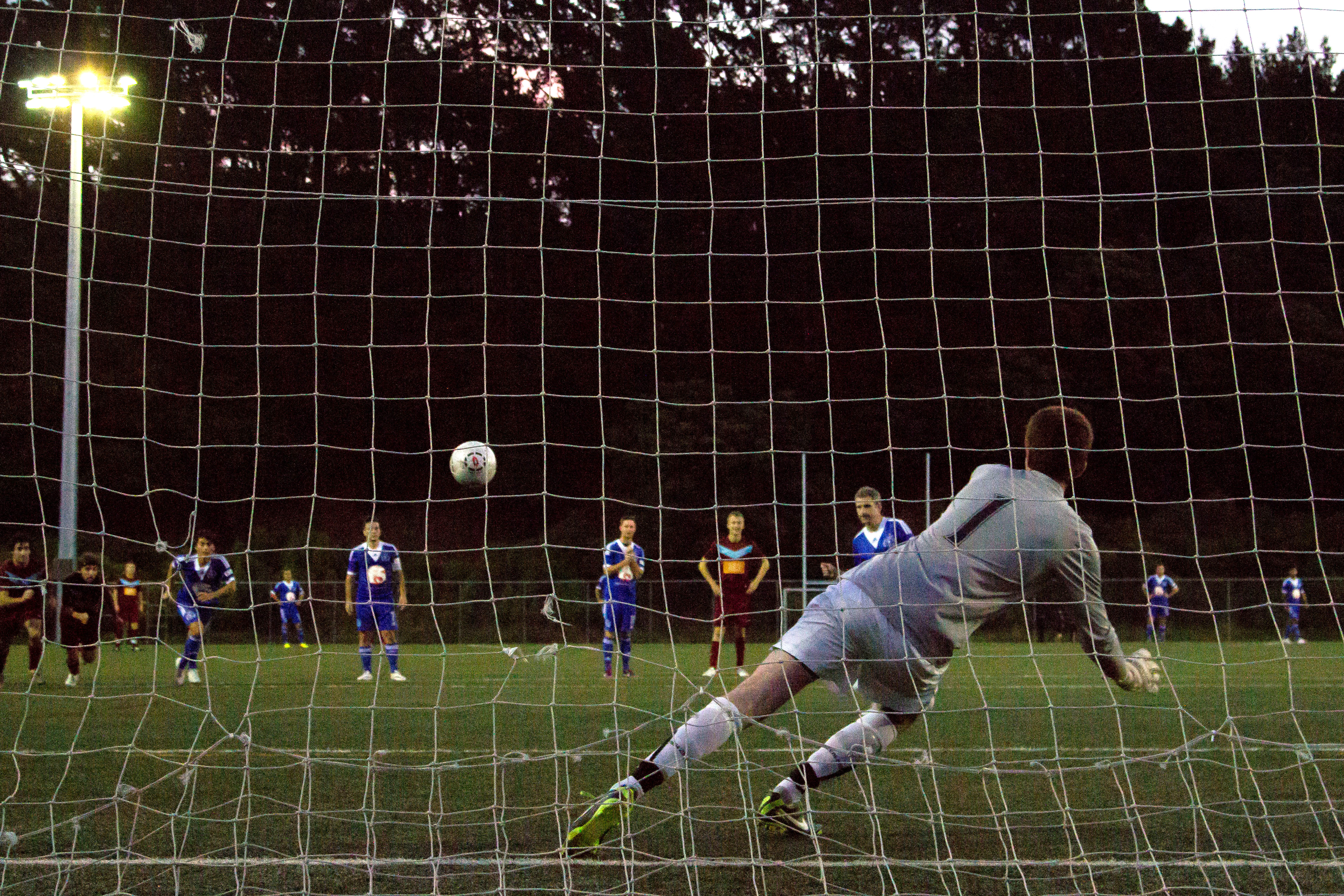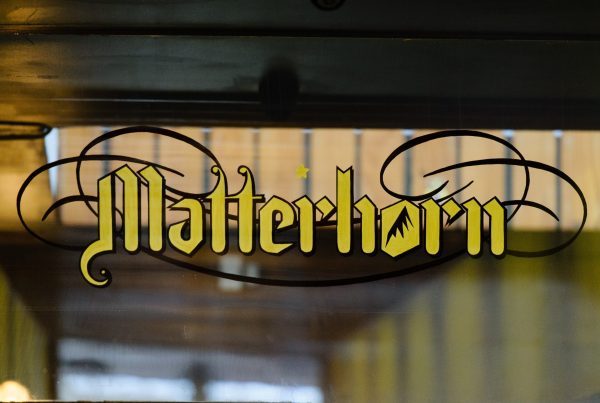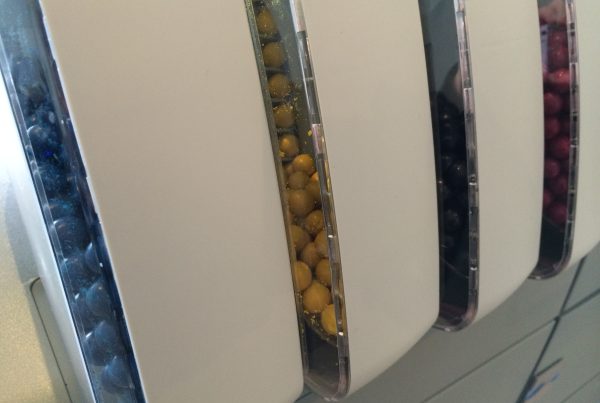
In 2007, the Wellington City Council realised that it had a major issue on its hands regarding sportsfields provision. Fields were under growing pressure mainly as a result of increasing demand from sports groups — particularly football. Wellington’s high annual rainfall, poor soils, large number of fields built on former landfills with poor drainage and well-documented health hazards, and lack of available flat land for new fields had created a real problem.
During 2008, some football youth grades ended up playing only six times during the season (between April and late August). Saturday senior football fixtures could not be completed on ten occasions. During that same winter all junior rugby was cancelled seven times (54% of games), and there were 43 senior grade cancellations during the season. These cancellations occurred on nine playing days between 3 May and 9 August.
So in both Wellington and the Hutt Valley a project was put in place to lay artificial pitches, accompanied by floodlighting, which has revolutionised junior and amateur sport in the region.
In Wellington alone, starting with Nairnville Park in 2009, there have been seven artificial pitches built, including two funded in partnership with Wellington College and St Patrick’s College. These have revolutionised sports participation across the city. Not only are they used extensively during the day and at night on weekends, they are also used for weekday evening training sessions.
For example, football is using the fields for its nursery grade, junior, senior, social, masters and representative players. International rugby teams and the Wellington Phoenix have also trained on these surfaces. The National Rippa Rugby tournaments and a New Zealand Secondary Schools Girls’ Football tournament have been held in Wellington, something previously inconceivable.
During one week alone in July 2011, use of the two artificial sportsfields at Wakefield Park amounted to 134 hours, almost matching the usage during the entire five-month winter period on the two natural grass fields at the same venue in 2010 (138 hours).
Having these artificial pitches in place has the other side effect of making it easier to maintain the grass fields. No longer are they used all day on a Saturday, meaning a gradual descent into a mud bath with little time for rejuvenation by the following weekend. Now they can be treated with care. The sight of Karori Park, for example, looking pristine at the beginning of September was unthinkable a few years ago.
This transformation has not been cheap, but it has been a worthwhile investment, and Wellington is so much richer for it.




